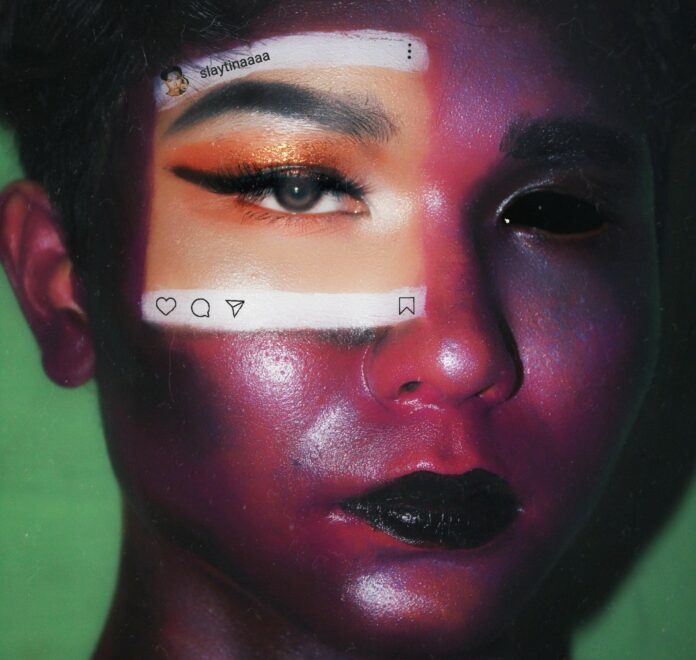By Vasiliki Theodosiou,
In the middle of an evolving controversy in Greece, sparked by the viral video of a person with political affiliations to the current ruling party, stating her aversion to female body imperfections and the tendency of influencers to embrace them, questions surrounding what is beautiful can arise.
Although greek society proved its resilience by automatically deeming the video inappropriate and having quite a few prominent societal figures moving forward and expressing their concern for this person’s opinions, the simple presence and circulation of the video in the online world is problematic and let us look at the why.
Before doing so, however, let us just set one thing straight: it goes without saying that we live in the era of freedom of expression and within a state that is constitutionally defined as democratic, meaning that each and every one of us has not only the ability but also the right to express their beliefs no matter their compatibility with democracy and their overall nature. However, it is our obligation to draw the line when these opinions can cause harm to other members of the society, we all share.
So, how can an opinion hurt others? Picture this: you are female and 13 years old, your Instagram and tiktok account are full of the perfect moments of the perfect people at the perfect places. And then there is you and your acknowledgement of your very own personal imperfections that no one else in the online world appears to have. There is only a handful of influencers out there who have the strength to often drop their image filters and photoshop skills, reminding us how what has been societally constructed as ideal might not even truly exist.

And then there is the relevance of what is considered ideal in the first place depending on cultural interpretations. For some, the lighter the skin tone, the more “beautiful” a person is, for others the darker the eye colour, the more “beautiful” it is. To cut a long story short, features that might be seen as ideal in one side of the world, might be deemed as “ugly” on the other side of the globe. And this leads one to the realisation that defining beauty is at the end of the day a rather personal decision depending on the standards that each person has set for themselves. And regardless of what this decision will look like on an individual level, it is imperative that we think twice of tis implications before attempting to impose it on others.
Each and every one of us is entirely unique and embracing this uniqueness and fighting our insecurities and not expressing them by judging others is what becoming a better person is all about. And all those phrases of ‘feeling good about yourself’ and ‘embracing your inner beauty’ despite their cliché nature and repetition over social media platforms, are being repeated for a reason: even in 2021 nothing is to be taken for granted. Neither people’s open-mindedness, nor their acceptance or recognition of the fact that true beauty lies beyond what is visible in the mirror.
References
- In Gr. Αφροδίτη Λατινοπούλου: «Αυτή είναι η άποψή μου και σε μια δημοκρατία μπορώ να τη λέω» Available here.
- Parallaximag. Ας κάνουμε λίγη ακόμα διαφήμιση στην Αφροδίτη Λατινοπούλου. Available here.
- The Press Project. Το δίλημμα του δημοσιογράφου: Να αναπαράγω χυδαίες τοποθετήσεις ή τους δίνω αξία; Available here.




